A bachelor’s degree in theology opens up many possible career paths in both religious communities and the secular world. Individuals with this degree can go on to become pastors, outreach coordinators, or missionaries, or they can pursue further education.
According to the Bureau of Labor Statistics, the median annual wage for clergy is $63,720. For students who want a strong return on investment, finding an affordable bachelor’s in theology degree program is essential, which is why we compiled this list of the most affordable theology bachelor’s degrees.
Cost Breakdown for a Bachelor’s in Theology Degree Program
When students think of college costs, they typically focus on tuition. However, there are other expenses that contribute to how much a theology bachelor’s degree will cost.
Tuition
Colleges charge tuition to cover the costs associated with providing instruction to students. Tuition rates vary from school to school based on multiple factors. Generally speaking, for full-time students in bachelor’s degree programs, schools charge a flat, per-term tuition rate. Part-time students usually pay per credit hour based on how many classes they take in a given term. The Education Data Initiative reports that the average per-credit tuition rate for undergraduate programs is $830, though the most affordable online schools charge much lower rates. Students can get specific information on a school’s per-credit or per-term tuition by contacting the school’s financial aid office.
Fees
Most schools charge additional fees for specific services or resources. For on-campus programs, this can include fees for campus activities, parking, and technology services like printing. Online programs may charge fees for virtual learning technology or tech support services. Schools may assess fees on a one-time, annual, or per-term basis. Students should review additional fees and factor them into their budget.
Room and board
Students living in on-campus housing must also pay room and board fees to cover their living expenses. According to the National Center for Education Statistics (NCES), the annual cost of room and board (on-campus meal plans) was $13,175 for the 2022-23 academic year. Even if you’re living off-campus, you should still account for living expenses like rent, food, utilities, and transportation.
Books and supplies
According to the Education Data Initiative, the average undergraduate student spends anywhere from $628 to $1,200 per year on books and supplies. This is another cost that students must factor into their budgets. Before starting your theology degree, assess your current technology and upgrade if you need a more reliable computer or internet access.
Factors Influencing the Cost of a Bachelor’s in Theology Degree Program
As mentioned above, tuition differs between institutions. Here are some of the factors influencing what a school charges for tuition:
Public vs. private institution
Colleges in the U.S. are classified as either public or private. Public colleges receive money from federal and state governments to fund their operations and subsidize tuition costs, particularly for students who live in the state where the school is located. Therefore, students can often find the lowest tuition rate at a public college in the state in which they reside. Out-of-state students who attend public universities typically pay a higher tuition rate because their taxes aren’t subsidizing their education.
Meanwhile, private colleges, which don’t receive government funding, charge higher tuition rates because they rely more on tuition as a revenue source. Private institutions charge all students the same tuition rate, regardless of residency. Most theology programs are offered by religious-affiliated institutions, which are private and may therefore have a higher tuition rate.
Nonprofit vs. for-profit
Another status to look for when reviewing colleges is non-profit or for-profit. All public and most private universities are non-profit, meaning they must reinvest revenue into the institution via faculty and staff salaries, infrastructure, student services, and more. For-profit schools operate with the primary goal of earning profits for investors and shareholders, and they aren’t required to invest any revenue into operations. Therefore, while tuition rates may be lower at for-profit schools, a lack of investment in faculty, infrastructure, and student resources can impact the quality of education students receive from these institutions. If you’re considering a for-profit school, carefully review how the school invests its money and what its student outcomes are.
Student military status
Many schools offer tuition discounts to students who are active-duty military, veterans, or the spouse or child of a member of the U.S. Armed Forces. If you think you may qualify for a military tuition discount, contact the school’s financial aid office or veterans’ services department for more information.
Number of credits and completion time
The longer you’re enrolled in a degree program, the more you’ll pay. The minimum number of credits for a bachelor’s degree is 120, which typically translates to four years of full-time study. If you have college credits from an associate degree or previously attended a bachelor’s program, you may be able to transfer those credits to your theology degree program, decreasing your completion time and costs. Meanwhile, if you take longer than the standard four years to earn your bachelor’s in theology, you will end up paying more overall.
Why Trust Us
The Intelligent.com Higher Education Team is dedicated to providing students with independent, equitable school and program rankings and well-researched resources. Our expert-driven articles cover topics related to online colleges and programs, paying for school, and career outlooks. We use data from the U.S. Department of Education’s College Scorecard, the National Center for Education Statistics, and other reputable educational and professional organizations. Our academic advisory team reviews content and verifies accuracy throughout the year for the most current information. Partnerships do not influence rankings or editorial decisions.
- Analyzed over 2,000 national, accredited, and nonprofit colleges and universities
- 800+ rankings pages are reviewed and updated yearly
- Content is informed by reputable sources, surveys, and interviews with academic advisors and other experts
- Over 100 data points are reviewed for accuracy and quality throughout the year, including sources
How we rank schools
Our list features the best Theology degree programs at top colleges nationwide. Each school featured is a nonprofit, accredited institution — either public or private — with a high standard of academic quality for post-secondary institutions.
We evaluated each school’s program on tuition costs, admission, retention and graduation rates, faculty, reputation, and the student resources provided for online students. We collected data from trusted sources like the National Center for Education Statistics, individual school and program websites, school admissions counselors, and other data sources. Then, we calculated the Intelligent Score on a scale of 0 to 100 based on the following criterion:
Academic Quality:
- Admission rate versus enrollment rate
- Retention rate of students who return after year one
- Accreditation status (regional and programmatic)
- Nonprofit status, both private and public institutions
Graduation Rate
- Overall graduation rate
- Total number of currently enrolled students, including diversity metrics
- Student-to-faculty ratio
Cost and ROI
- In-state and out-of-state per-credit tuition rates and fees
- Required credits to graduate
- Earning potential after graduation
- Availability of federal student loans, scholarships, and other financial aid options
Student Resources
- Available student services for online-only and hybrid programs
- On-campus amenities like tutoring centers and the number of libraries
Read more about our ranking methodology.
Best 35 Affordable Bachelor's in Theology Programs
FiltersInstitution Type
Status
- Intelligent Score
- Alphabetically By University Name
- Acceptance Rate
- Enrollment
- In-state Graduate Tuition
- Out-of-state Graduate Tuition
- In-state Undergraduate Tuition
- Out-of-state Undergraduate Tuition
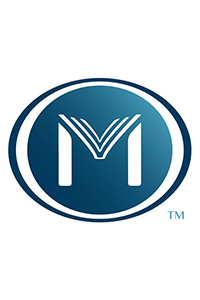
Moody Bible Institute
Intelligent Score: 99.72In-state: $34,222
Out-of-state: $34,222
In-state: $26,870
Out-of-state: $26,870
SAT: 1020–1150
ACT: 17–23
$399
On-Campus
Higher Learning Commission
120
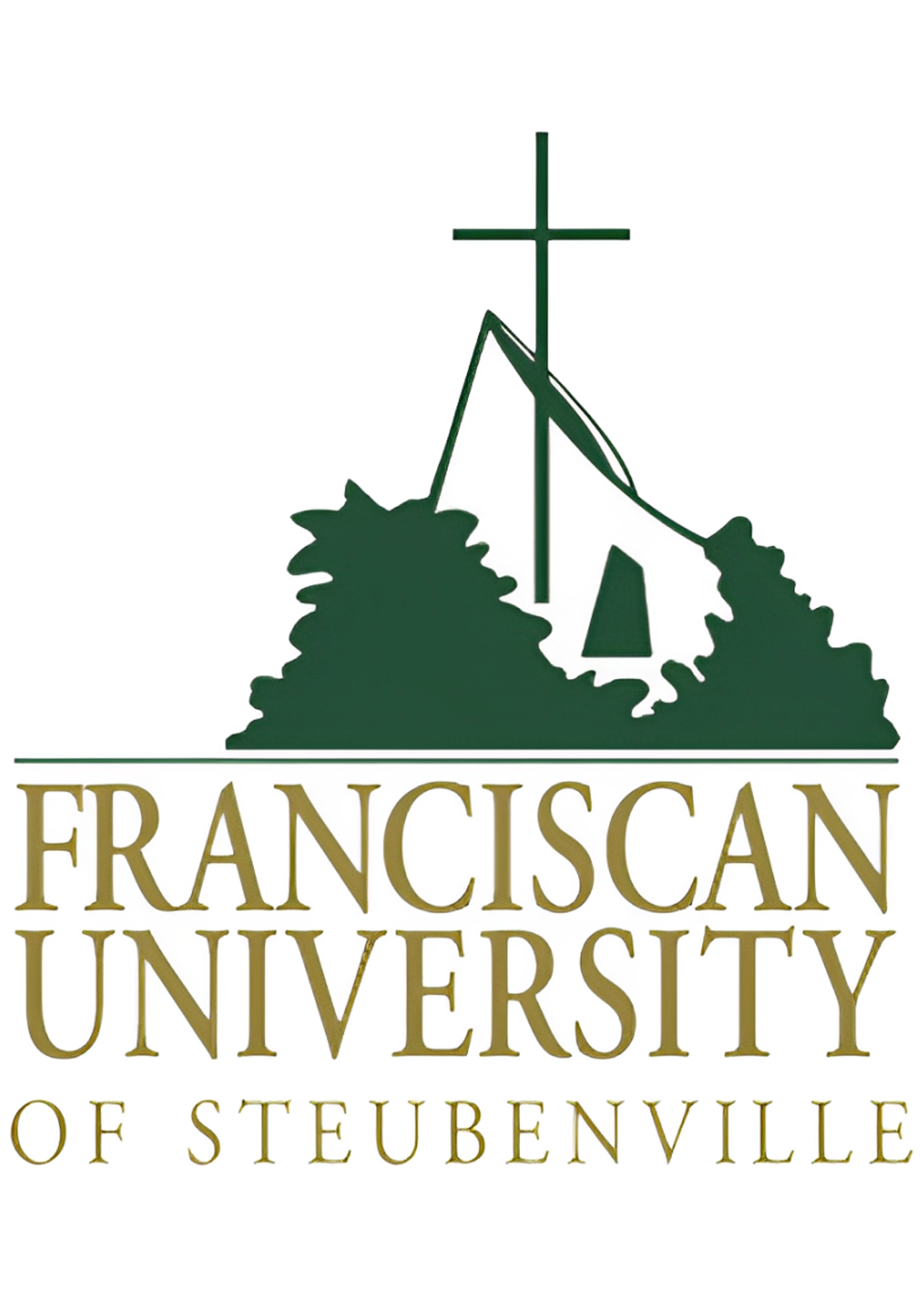
Franciscan University of Steubenville
Intelligent Score: 99.21In-state: $29,720
Out-of-state: $29,720
In-state: $12,600
Out-of-state: $12,600
SAT: 1070-1290
ACT: 22-29
$1,035
On-Campus, Online
Higher Learning Commission
122

Holy Apostles College and Seminary
Intelligent Score: 98.62In-state: $25,600
Out-of-state: $25,600
In-state: $18,433
Out-of-state: $18,433
SAT: 1070
ACT: 24
$395
On-Campus, Online
New England Commission of Higher Education
120
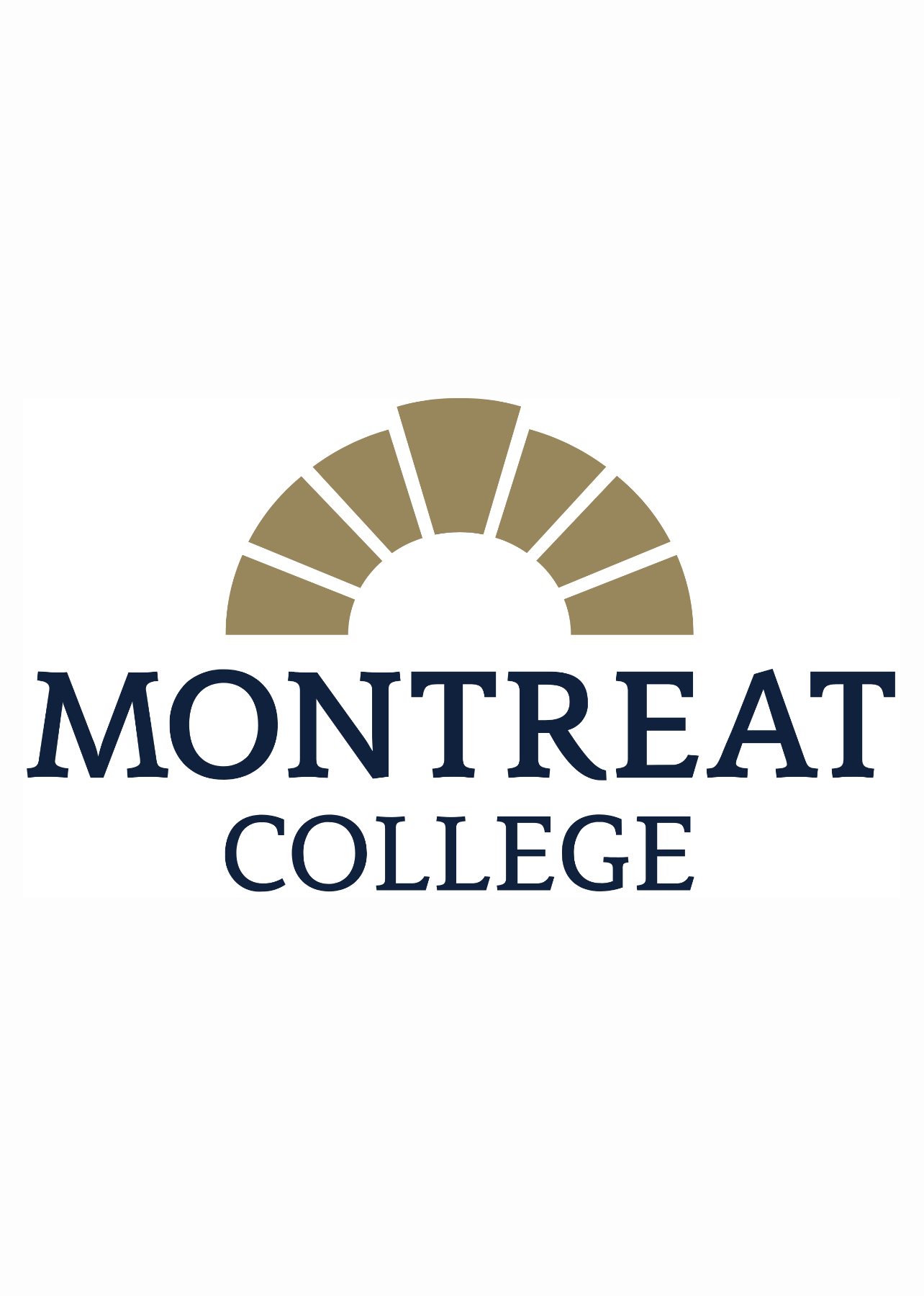
Montreat College
Intelligent Score: 97.67In-state: $28,500
Out-of-state: $28,500
In-state: $9,036
Out-of-state: $9,036
SAT: 910-1140
ACT: 17-24
$1,130
On-Campus
Southern Association of Colleges and Schools Commission on Colleges
120

Midwestern Baptist Theological Seminary
Intelligent Score: 97.28In-state: $21,210
Out-of-state: $23,850
In-state: $17,550
Out-of-state: $17,550
SAT: 1030-1200
ACT: 20-24
$485
On-Campus
Association for Biblical Higher Education Commission on Accreditation
120
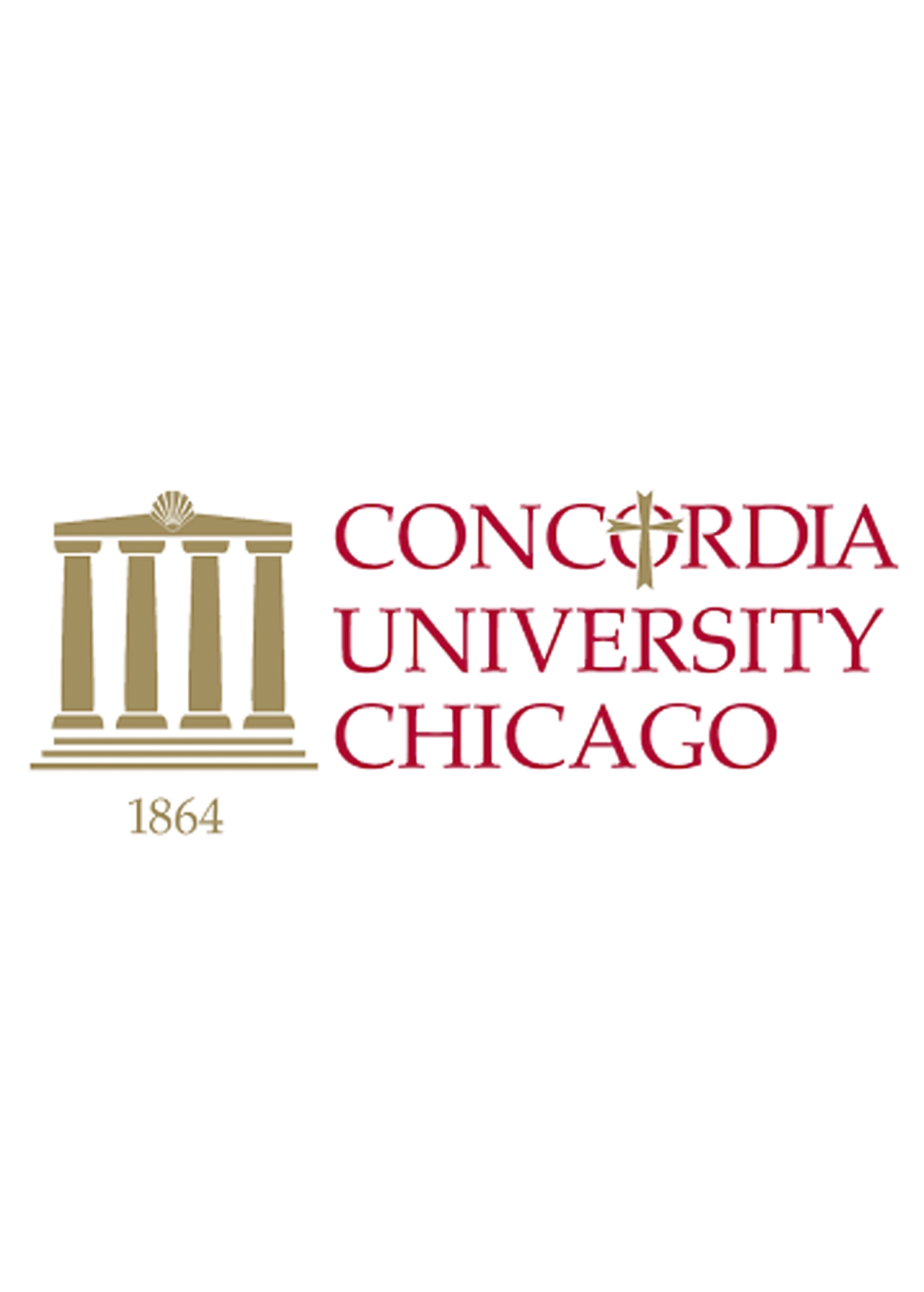
Concordia University Wisconsin
Intelligent Score: 96.2In-state: $32,660
Out-of-state: $32,660
In-state: $9,090
Out-of-state: $9,090
SAT: 990-1180
ACT: 19-25
$700
On-Campus
Higher Learning Commission
126
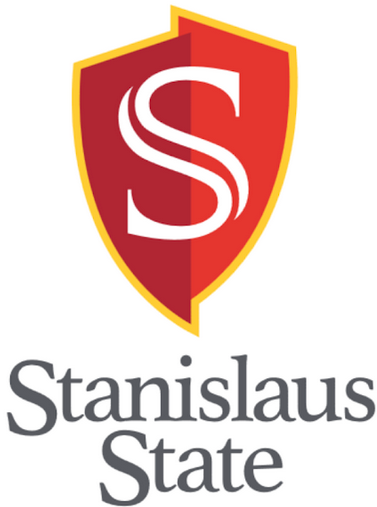
God’s Bible School and College
Intelligent Score: 95.97In-state: NA
Out-of-state: NA
In-state: NA
Out-of-state: NA
SAT: NA
ACT: NA
$275
On-Campus, Online
Higher Learning Commission
120
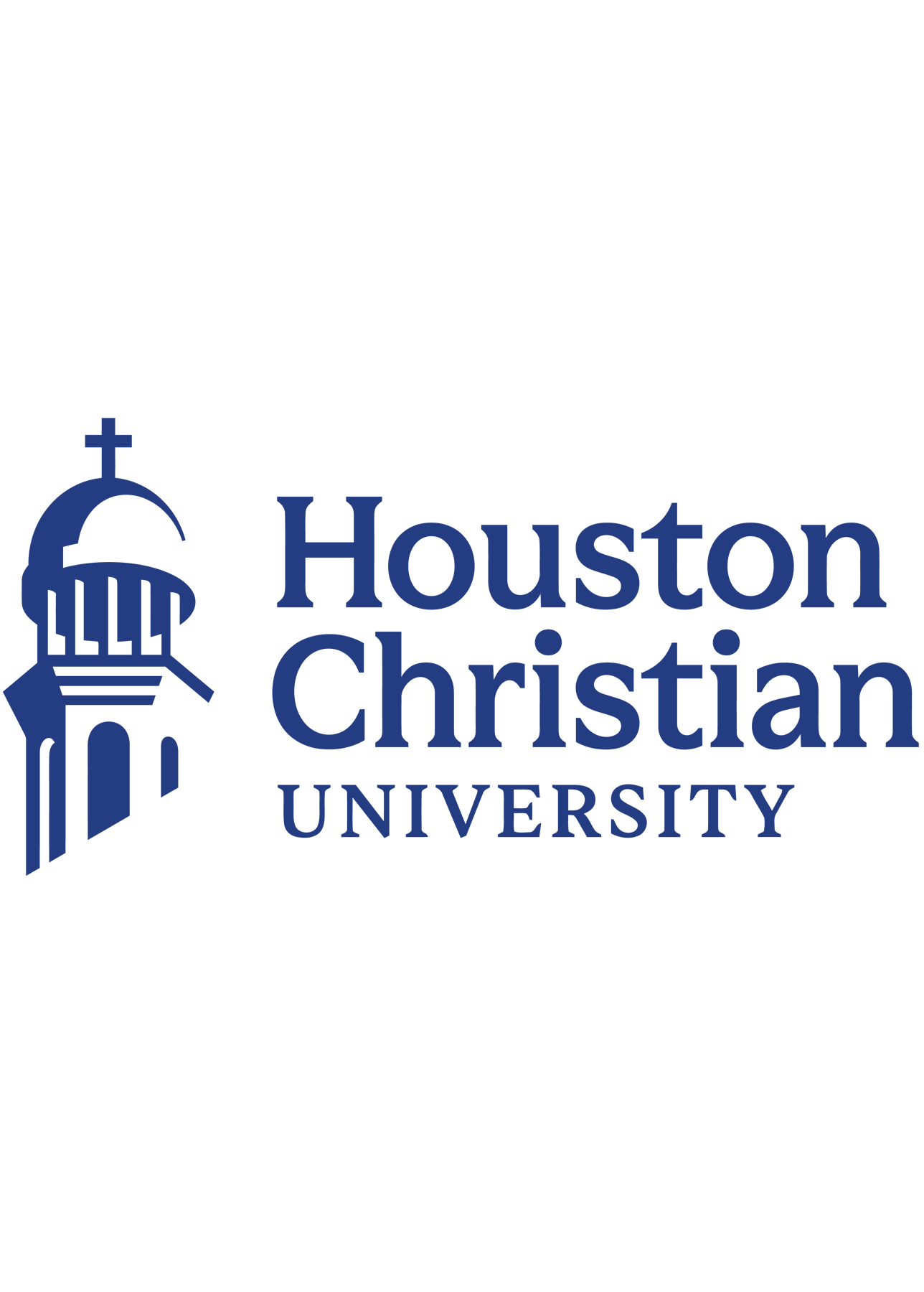
Houston Christian University
Intelligent Score: 94.99In-state: $32,350
Out-of-state: $32,350
In-state: $10,350
Out-of-state: $10,350
SAT: 1000-1180
ACT: 20-25
$595 - $1,530
On-Campus, Online
Southern Association of Colleges and Schools Commission on Colleges
120
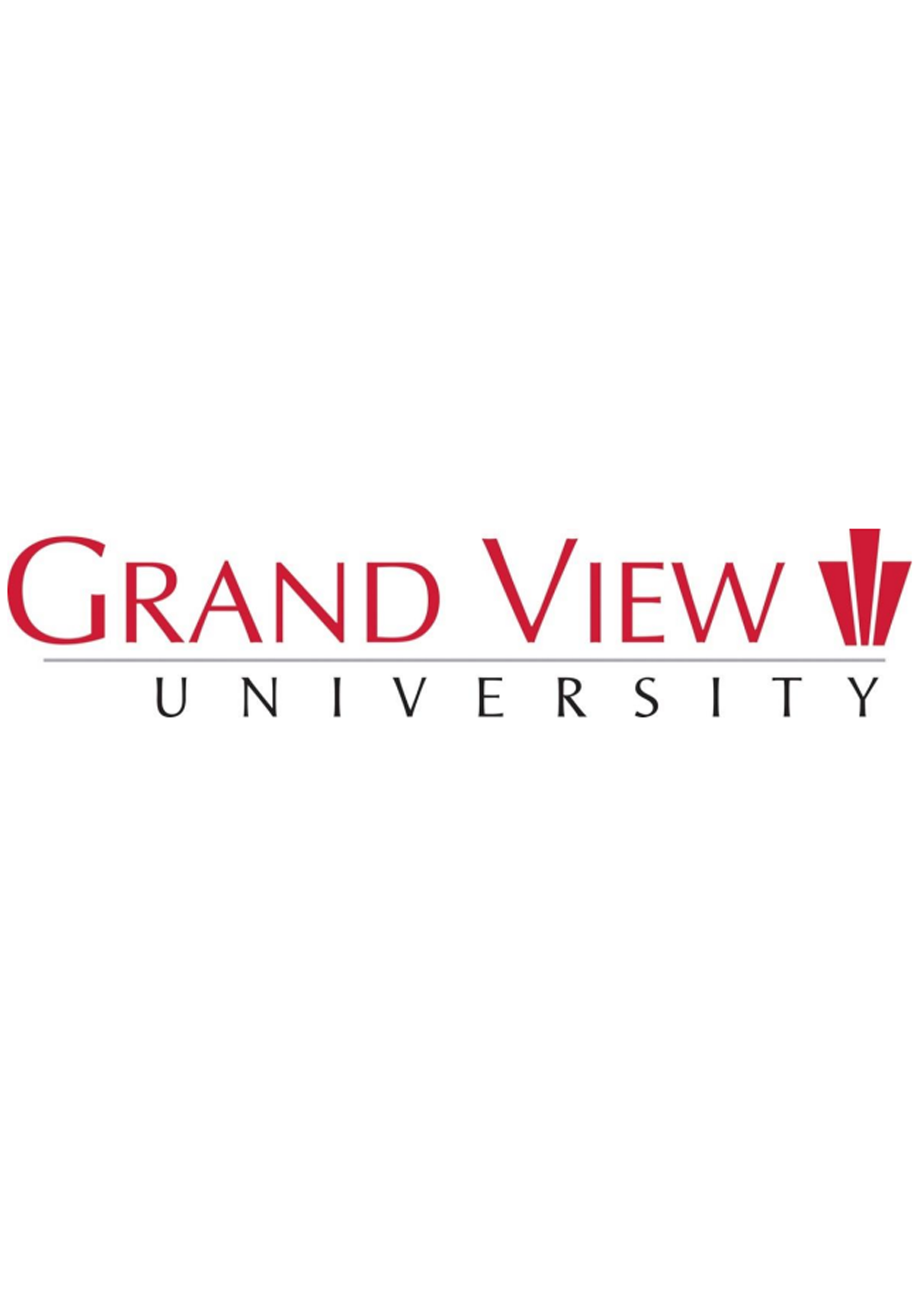
Grand View University
Intelligent Score: 94.36In-state: $29,076
Out-of-state: $29,076
In-state: $9,000
Out-of-state: $9,000
SAT: 910-1120
ACT: 18-23
$816
On-Campus, Online
Higher Learning Commission
124

University of Mary
Intelligent Score: 93.71In-state: $17,980
Out-of-state: $17,980
In-state: $16,875
Out-of-state: $16,875
SAT: 1000-1220
ACT: 20-26
$650
On-Campus
Higher Learning Commission
124
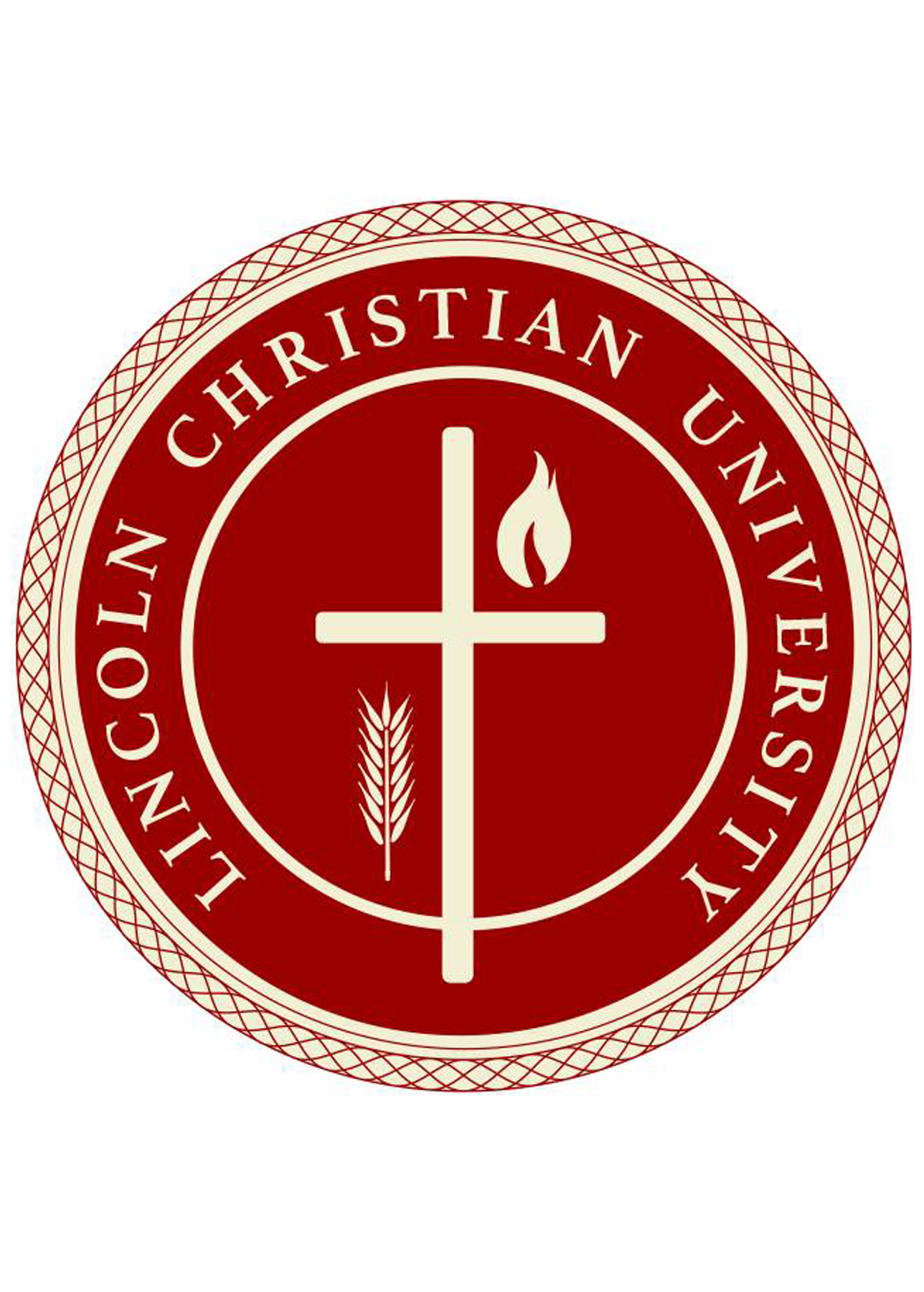
Lincoln Christian University
Intelligent Score: 92.75In-state: $13,980
Out-of-state: $13,980
In-state: $8,388
Out-of-state: $8,388
SAT: N/A
ACT: N/A
$510
On-Campus
Higher Learning Commission
120
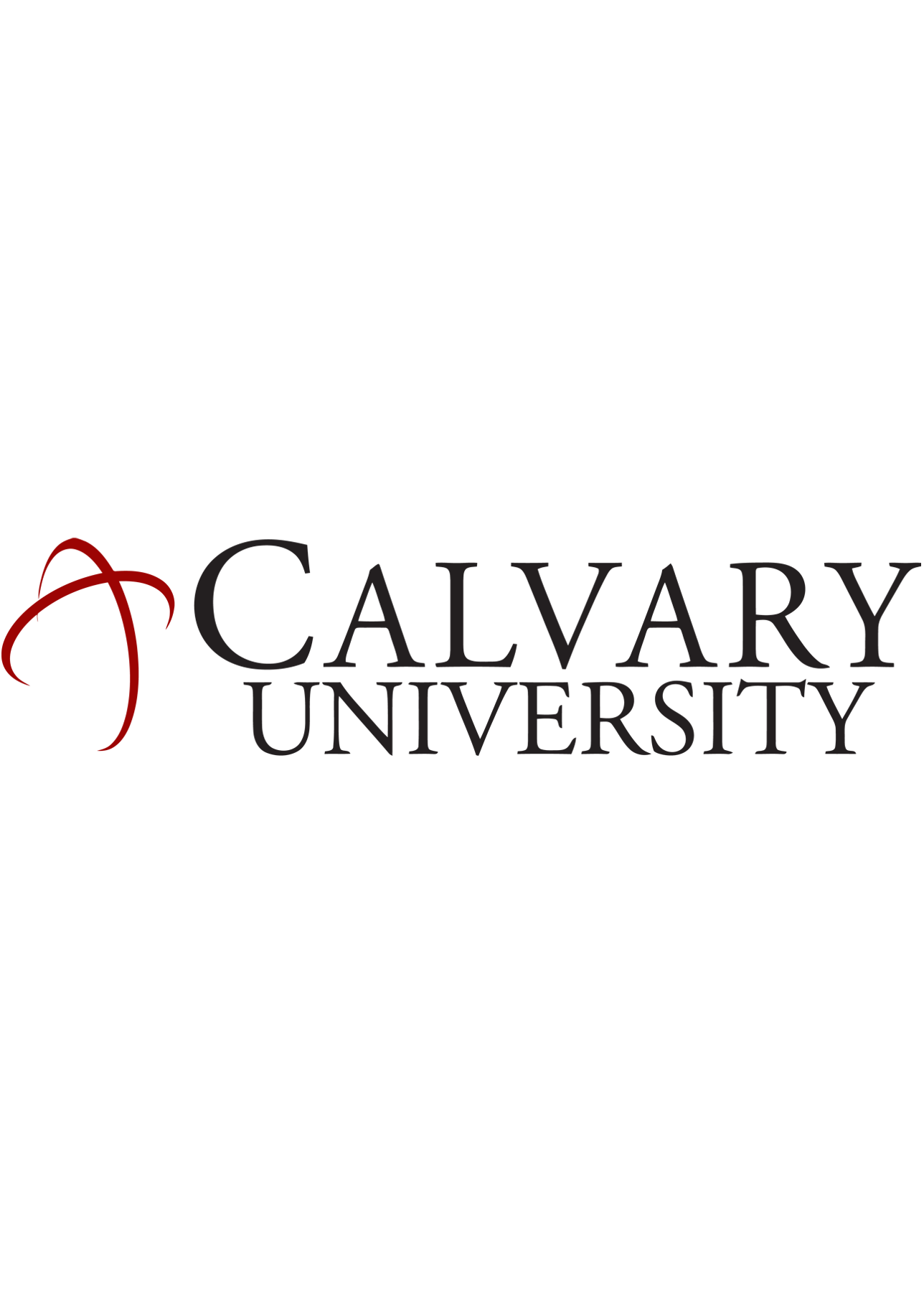
Calvary University
Intelligent Score: 92.55In-state: $10,276
Out-of-state: $10,276
In-state: $7,056
Out-of-state: $7,056
SAT: N/A
ACT: N/A
$419
On-Campus
Association for Biblical Higher Education Commission on Accreditation
126

Ozark Christian College
Intelligent Score: 91.24In-state: $25,530
Out-of-state: $25,530
In-state: $21,350
Out-of-state: $21,350
SAT: 890-1220
ACT: 19-24
$499
On-Campus
Association for Biblical Higher Education Commission on Accreditation
155
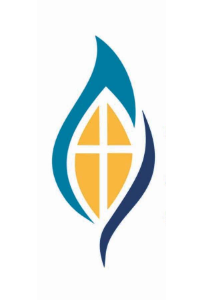
South Florida Bible College & Theological Seminary
Intelligent Score: 90.59In-state: $25,040
Out-of-state: $25,040
In-state: $26,220
Out-of-state: $26,220
SAT: Not Required
ACT: Not Required
$305
On-Campus, Online
Association for Biblical Higher Education Commission on Accreditation
120
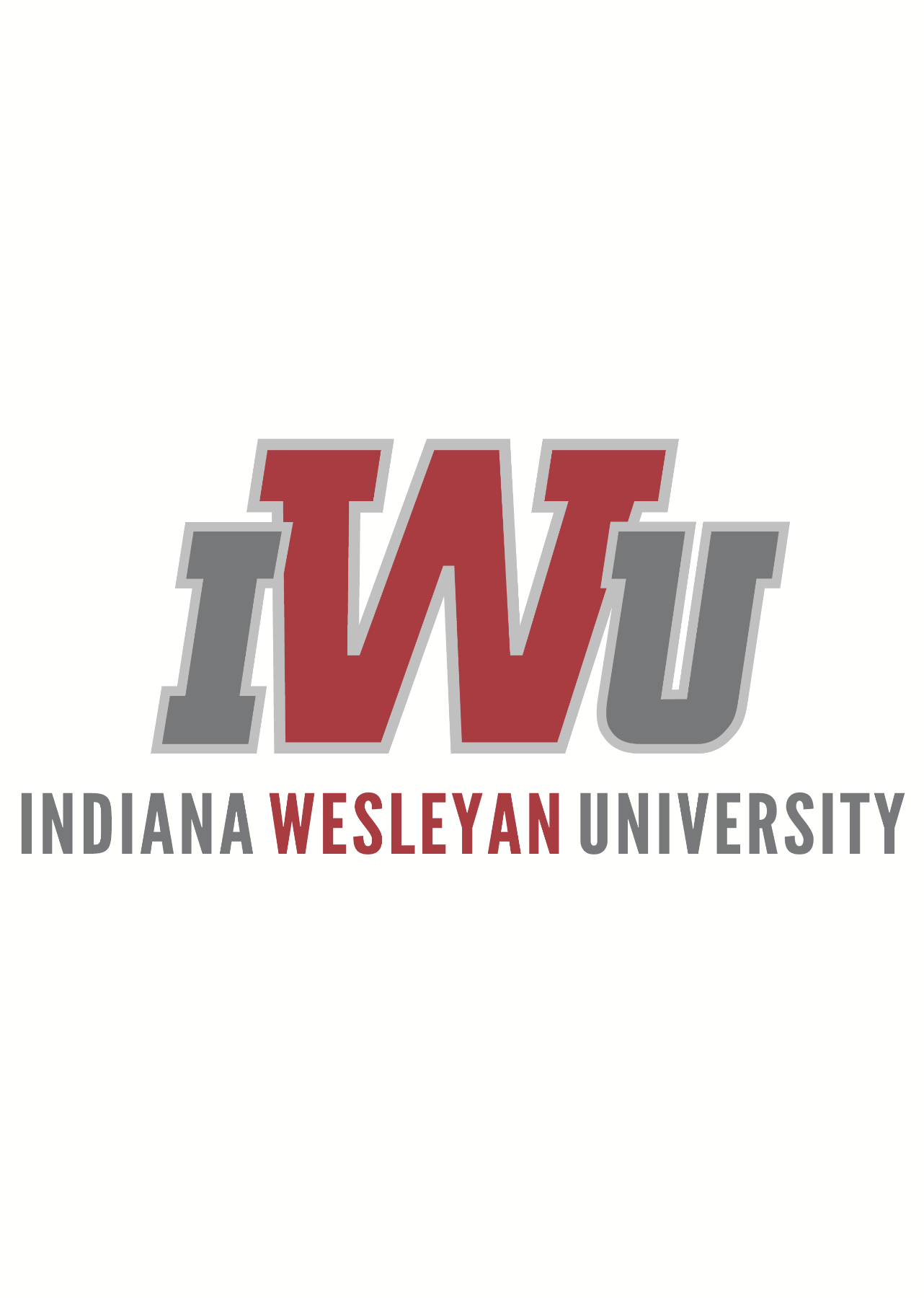
Indiana Wesleyan University
Intelligent Score: 90.46In-state: $28,184
Out-of-state: $28,184
In-state: $13,512
Out-of-state: $13,512
SAT: 1010-1200
ACT: 21-27
$1,149
On-Campus
Higher Learning Commission
120
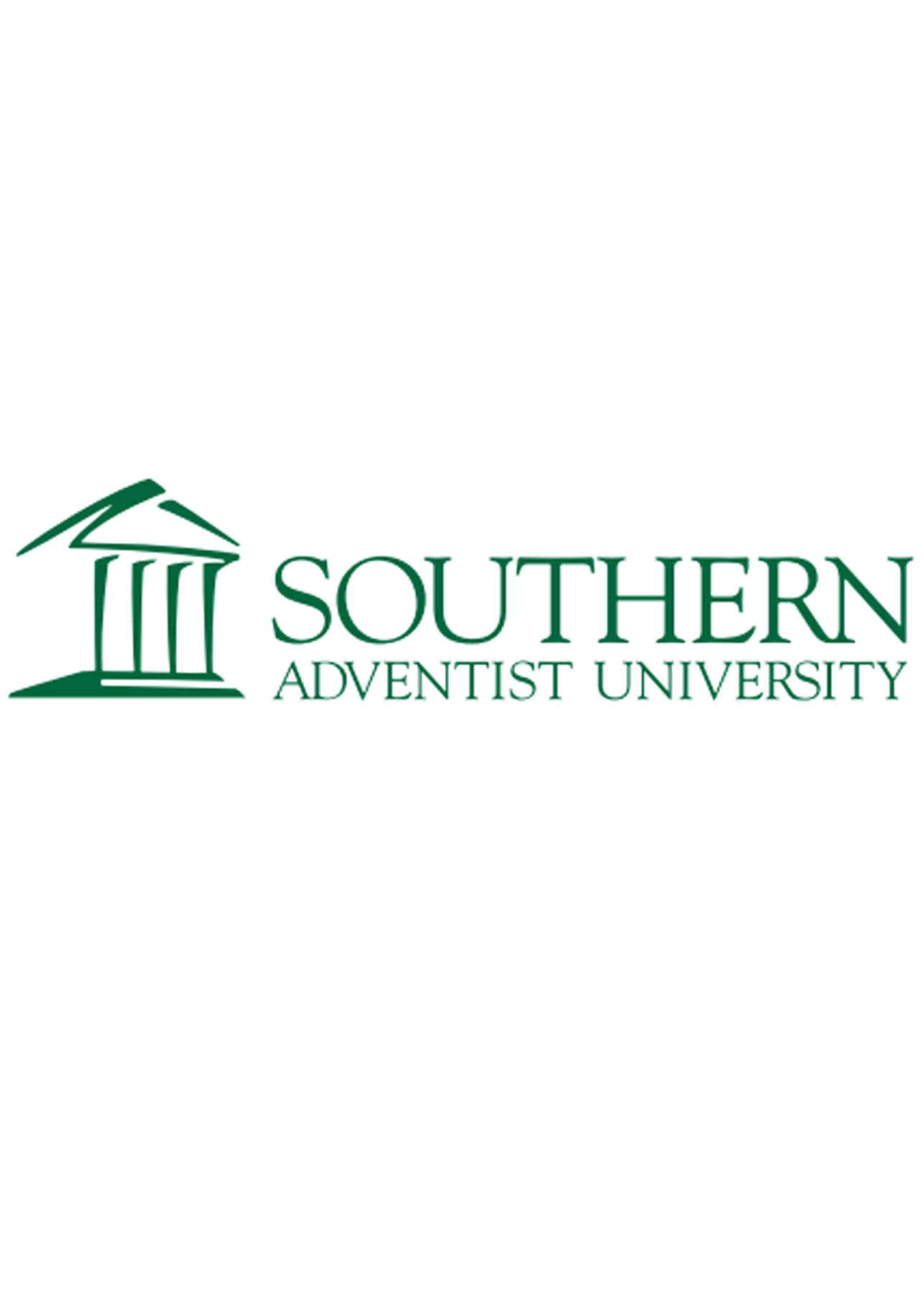
Southern Adventist University
Intelligent Score: 90.05In-state: $22,060
Out-of-state: $22,060
In-state: $11,700
Out-of-state: $11,700
SAT: 970-1250
ACT: 19-27
$830 - $1,090
On-Campus
Southern Association of Colleges and Schools Commission on Colleges
124
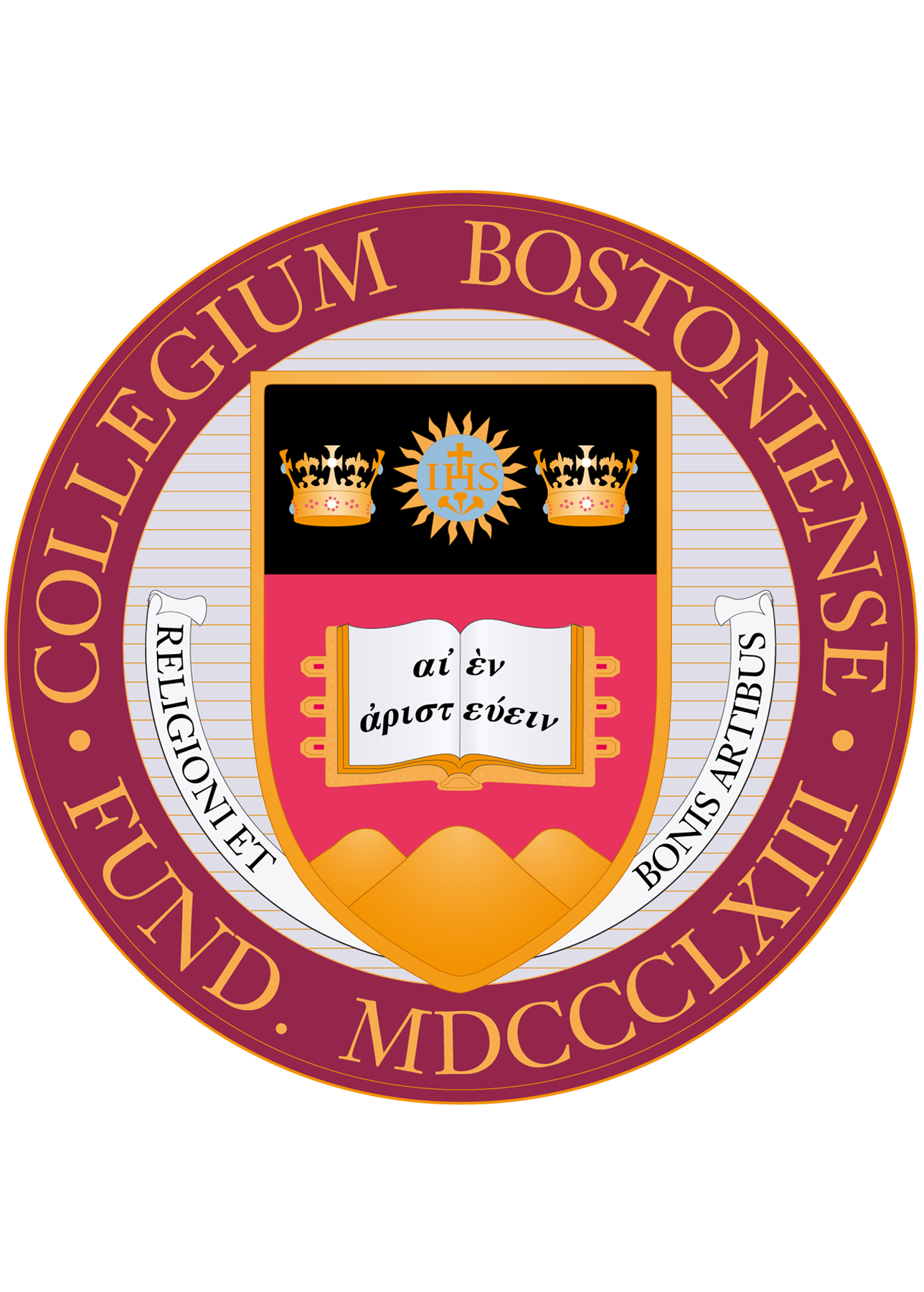
Boston College
Intelligent Score: 89.22In-state: $59,050
Out-of-state: $59,050
In-state: $31,824
Out-of-state: $31,824
SAT: 1330-1500
ACT: 31-34
$1,318
On-Campus
Association of Theological Schools
81
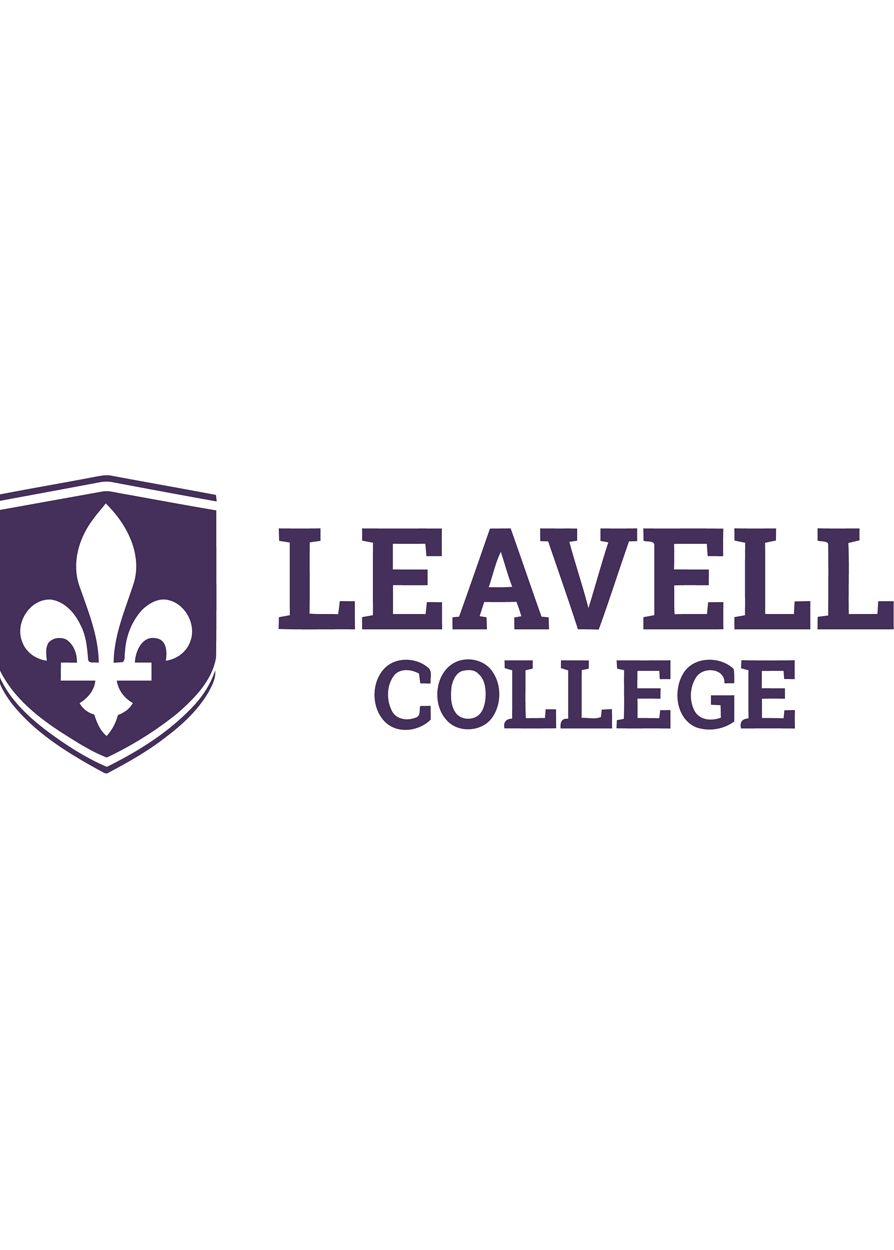
New Orleans Baptist Theological Seminary - Leavell College
Intelligent Score: 88.82In-state: $20,260
Out-of-state: $20,260
In-state: NA
Out-of-state: NA
SAT: N/A
ACT: N/A
$325
On-Campus
Association of Theological Schools
120
How to Pay for a Bachelor’s in Theology Program
Out-of-pocket
Most students and families contribute some money to tuition and other school-related expenses. This is considered paying ‘out of pocket’ because students and families pay their own money directly to the institution. Some students and families may be able to cover the entire cost of a theology degree out-of-pocket, but they usually combine out-of-pocket payments with other forms of financial aid. Students paying some or all their tuition out-of-pocket should find out if their school offers payment plans that allow them to make tuition payments throughout the term instead of paying in a lump sum at the start of the term.
Federal student loans
As part of the Federal Student Aid (FSA) program, the U.S. Department of Education offers Direct Subsidized Loans and Direct Unsubsidized Loans to undergraduate students. Students must complete the Free Application for Federal Aid (FAFSA) to determine their eligibility for student loans. These education loans have interest rates and repayment terms set by Congress and are generally more favorable than private education loans. More information about applying for student loans through the FAFSA is included in the next section. Only students attending eligible programs at accredited universities can receive federal student loans. To verify a college’s accreditation status, visit the Council for Higher Education Accreditation (CHEA) directory.
Private education loans
Students and families can also borrow money for college from private lenders like SoFi, Sallie Mae, and Ascent. Unlike federal student loans, lenders set terms for private education loans based on current interest rates and the borrower’s credit history. Experts generally recommend that students use private education loans only if they have exhausted other avenues of paying for school. Students borrowing money from private lenders should keep track of interest rates throughout the year to lock in the most favorable terms possible.
Scholarships
This form of financial support is considered gift aid because it doesn’t have to be repaid. Most schools offer a variety of scholarships based on merit or financial need. There are also many external sources for scholarships, including professional organizations, nonprofits, community and religious organizations, private endowments, and more. Depending on the scholarship, there may be an application process. For most need-based scholarships, students must submit FAFSA information for consideration.
Grants
Grants are typically awarded based on financial need and are also considered gift aid that doesn’t have to be repaid. Some grants, like the Pell Grant, are awarded by the Federal Student Aid program to students with extraordinary financial need. Other grants are available through state governments or individual institutions.
Work-study
Another element of the Federal Student Aid program, work-study pays students to work at a part-time, on-campus job as part of their financial aid package. Students in work-study jobs earn at least the federal minimum wage, although some positions pay higher rates. Work-study jobs are available in many different college departments, although students who get work-study funding are typically responsible for finding and applying for available positions.
Employer tuition assistance
To encourage employees to develop new skills, many employers offer tuition assistance benefits. This type of financial aid can come in different forms, but it typically involves an employer reimbursing an employee for some or all of their education-related expenses after successfully completing a course or degree. If you’re planning on working while earning your bachelor’s in theology degree, check with your employer about availability, policies, eligibility requirements, and payment amounts.
Applying for Financial Aid
To apply for financial aid, the first step is completing the Free Application for Federal Student Aid, or FAFSA. Schools use the information from this application to determine students’ eligibility for need-based aid, such as student loans, grants, and work-study. Most undergraduate students will use their parents’ or guardians’ income information, as well as their own, for the FAFSA. For an in-depth overview of the FAFSA, visit our Ultimate FAFSA Guide.
Student loan forgiveness and repayment
Borrowing student loans to pay for college is a significant responsibility. Students and families taking out student loans, whether federal or private, should always expect to pay those loans in full with interest. They should also carefully review all loans’ interest rates and repayment options before committing to them.
While the Biden administration has taken steps to forgive student loan debt, the Supreme Court blocked a comprehensive student debt relief plan in June 2023. Although student loan debt relief efforts are ongoing, students and families who are borrowing money to pay for school should assume they’re responsible for repaying those loans in full, with interest.
To help students and families navigate the financial aid process, Dana Marvin, an independent college counselor, says, “Borrow only what you need and nothing more. If you’re eligible for a $12,500 loan but only need $8,000, there’s no need to take out a loan for those extra funds — every dollar you borrow in a loan must be repaid with interest.”
Marvin also advises students to begin paying off their loans as soon as possible, “Even paying off a few hundred or thousand dollars before finishing school can make a huge difference to those loan amounts post-graduation,” she says.
Lastly, Marvin encourages students and families to be realistic about what they can afford in terms of out-of-pocket costs and loan amounts.
“If attending a certain pricy college will put a family into major debt and require potentially dangerous financial decisions, such as taking out a second mortgage or withdrawing from a retirement account early, it may mean a hard conversation of choosing a different school.”
What Can I Do with a Bachelor’s Degree in Theology?
The most common career path for individuals with a bachelor’s degree in theology is becoming a member of the clergy, such as a pastor or minister. These individuals work in a variety of different settings, including churches, hospitals, nursing homes, and schools.
Median annual salary varies depending on the setting in which a clergy member works. For example, those serving religious organizations earn a median annual salary of $65,280, while those in skilled nursing facilities earn $55,750.
Other potential career paths include religious educator for children, teens, or adults; coordinator of religious camps or programs; college campus minister; or church music director.


